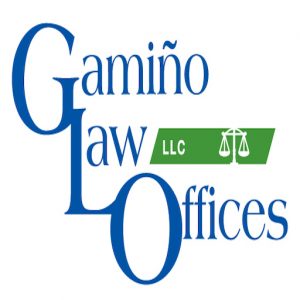Is Resisting Arrest a Felony or a Misdemeanor in Wisconsin?
Resisting arrest generally refers to the act of actively resisting, obstructing, or opposing a law enforcement officer’s efforts to make a lawful arrest. This offense may involve physical resistance, attempting to flee, or interfering with the arrest process. The specific elements of resisting arrest can vary by the specific facts and charge issued, but the underlying principle is impeding a law enforcement officer in the performance of their duties.
The consequences of resisting arrest in Wisconsin can depend on the circumstances of the offense and whether any injuries result from the resistance.
The penalties for resisting arrest in Wisconsin can include:
1. Resisting an Officer – Misdemeanor:
If the act of resistance does not cause bodily harm or the threat of bodily harm to the officer, it is typically charged as a misdemeanor. Misdemeanor penalties can include fines and potential imprisonment for up to 9 months.
2. Resisting an Officer – Felony:
If the resistance involves causing substantial bodily harm to the officer or the threat of such harm, it may be charged as a felony. Felony penalties can include more significant fines and longer periods of imprisonment, including potentailly being sentenced to prison.
It’s important to note that the consequences may be more severe if there are aggravating factors, such as the use of a weapon during the resistance.
Do You Need to Speak to an Attorney about Resisting Arrest?
If you have questions about resisting arrest, call our office at 414-383-6700 to schedule a consultation with one of our attorneys who can provide the guidance you need.

